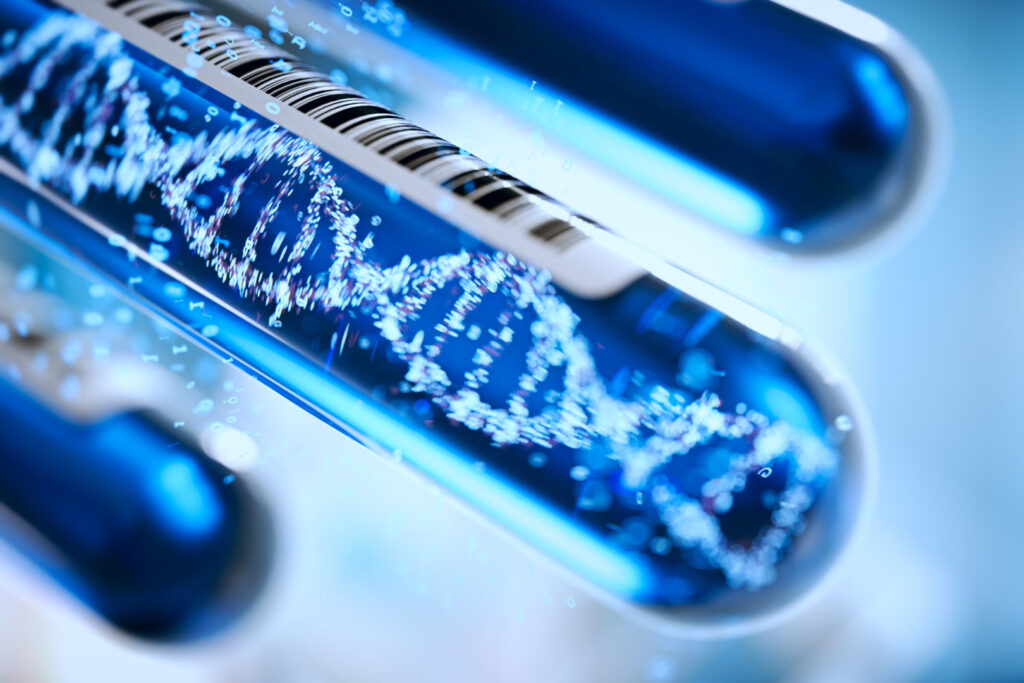Biorepositories at the Georgetown-Lombardi Consortium

The Georgetown-Lombardi Comprehensive Cancer Center Consortium (Lombardi Consortium) encompasses the Georgetown University Medical Center (GUMC) and affiliated MedStar Hospitals in the mid-Atlantic region together with its consortium site in New Jersey, the John Theurer Cancer Center (JTCC) and Hackensack Meridian Health hospitals as well as the Center for Discovery and Innovation (CDI). The Lombardi Consortium houses multiple biorepositories within its Shared Resources (Tables 1-3). Collections include blood and other fluids, blood cells, frozen and paraffin embedded specimens from control patients and multiple cancers. Some of these collections are accompanied by well annotated molecular, pathological and clinical data.
This page was created to provide a single point of entry for cancer center investigators to query these multiple collections and procure samples and/or data for their analyses. For some tissue collections we require that requests from cancer center members are first reviewed by a Biospecimen Use Committee (BUC) that includes members from GUMC, JTCC, and MedStar Health (form here). All repository records are maintained in HIPAA-compliant databases.
To view the biospecimen collections and request samples, access our OpenSpecimen catalog here.
Table 1. Fluid and blood product Biorepositories.
| Collection | Description | Samples | Contact and Access |
|---|---|---|---|
| Familial Breast Cancer Registry (GU) | The Familial Breast Cancer Registry is an integrated and comprehensive resource of individuals at high genetic risk for cancer. This collection is linked to detailed demographic data, family history information, medical history, cancer risk factors, tissues from surgeries (benign and malignant), tissue micro-arrays, and biospecimens, all of which can be linked securely and confidentially to the results of genetic testing. | Blood clots (n=256), Buffy Coat (n=457), Plasma (n=462), RBC (n=459), Serum (n=253), TOTAL (n=1,887) | Bassem Haddad haddadb1@georgetown.edu |
| Georgetown Medstar Research Registry (GU) | The Georgetown Medstar Research Registry (GMR2) protocol allows investigators to request access to a registry of individuals with cancer with high quality baseline data linked to biospecimens. Blood is collected for the extraction of blood products, including serum, plasma, buffy coat, RBCs, PBMCs and blood clot. Tissue products are stored by the GUMC Histopathology & Tissue Shared Resource (HTSR). The non-tissue fluids and blood products are processed and stored by the GUMC Tissue Culture and Biobanking Shared Resource (TCBSR) and are available as frozen aliquots. | Blood clots (n=4,533), Buccal Mucosa (n=2,438), Buffy Coat (n=6,724), Plasma (n=6,787), RBC (6,733), Serum (n=4,672), TOTAL (31,888) | Bassem Haddad haddadb1@georgetown.ed |
| Acute Leukemia Biobank (GU) | The Acute Leukemia Biobank is a targeted collection that includes acute leukemia samples collected under the Georgetown Medstar Research Registry protocol described above. | PBMCs (n=375) | Bassem Haddad haddadb1@georgetown.ed |
| Multiple Myeloma Bank (HMH/JTCC) | The Multiple Myeloma Bank is comprised of bone marrow aspirate samples that are separated via CD138, CD19, and CD3 magnetic beads. The negative fraction as well as plasma extracted from the bone marrow specimen are also saved and frozen. Matched peripheral blood and its fractionated components are prepared. Clinical data is extracted by CRC’s and paired with all specimens. | PBMC (n=720), BMMC (n=84), CD138+ (n=62), CD19+ (n=83), CD3+ (n=98), Neg Fraction (n=464), Plasma (PBL (n=267)), Plasma (BM (n=216)), Granulocytes (PBL (n=134)), Granulocytes (BM (n=4)). | Joanna Garcia-Mansfield joanna.garciasalazar@hmhn.org Justine Kim justine.kim@hmhn.org |
| Human Tissue Bank (GU) (Requests requires BUC approval) | Targeted collection that includes cancers with adjacent normal tissues from breast, brain, colon, lung, kidney, stomach, pancreas, thyroid, and uterus to create a repository of fresh and fixed human patient tissues that it can distribute for translational research purposes. The non-tissue products are processed and stored by the Tissue Culture and Biobanking Shared Resource (TCBSR) and are available as frozen aliquots. | Frozen Tissue cassettes (n=1,012), FFPE Blocks (n=233), Plasma (n=250), Urine (n=250) | Anju Duttargi ad1155@georgetown.edu |
Table 2. Frozen and FFPE tissue Biorepositories.
| Collection | Description | Samples | Contact and Access |
|---|---|---|---|
| Hackensack Meridian Health Biorepository (HMH/JTCC) | The Hackensack Meridian Health Biorepository (HMH BioR) allows investigators to request for discard and minimally invasive samples with matched clinical data from consented patients. Specimen types include frozen tumor, matched frozen normal tissue, FFPE, buffy coat, PBMC, serum, plasma, urine, stool, and other body fluids. All specimens and data are released deidentified and are deemed non-human subject research (NHSR). | Frozen Tissue cassettes (n=7,550), FFPE Blocks (n=317), Tissue Prints (n=30). | Joanna Garcia-Mansfield joanna.garciasalazar@hmhn.org; Justine Kim justine.kim@hmhn.org |
| Human Tissue Bank (GU) | Targeted collection that includes cancers with adjacent normal tissues from breast, brain, colon, lung, kidney, stomach, pancreas, thyroid, and uterus to create a repository of fresh and fixed human patient tissues that it can distribute for translational research purposes. | Frozen Tissue cassettes (n=2,800) | Anju Duttargi ad1155@georgetown.edu |
| Human Tissue Bank (Indivumed) | Targeted collection that includes cancers with adjacent normal tissues from breast, brain, colon, lung, kidney, stomach, pancreas, thyroid, and uterus to create a repository of fresh and fixed human patient tissues that it can distribute for translational research purposes. | Frozen Tissue cassettes (n=1012), FFPE Blocks( n= 233 ) Plasma (n=250), Urine (n=250), | Anju Duttargi ad1155@georgetown.edu |
| Human Biospecimen Bank GU) | The goal of the Human Biospecimen Bank protocol is to capture unique diagnoses or genetic backgrounds where it is not feasible for the treating physician to be blinded to the patient identity and thus could not be captured under existing biobanking protocols. | Frozen Tissue Cassettes (n=20) Plasma (n=15) | Anju Duttargi ad1155@georgetown.edu |
Table 3. Other collections and services.
| Collection | Description | Samples | Contact and Access |
|---|---|---|---|
| Tumor Microarrays (GU) | Tumor Microarrays (TMA) of representative cancer samples including: breast invasive ductal carcinoma, colorectal cancer, pancreatic cancer, breast lobular ductal carcinoma, lymphoma, and “normal” tissue surveys. | Breast IDC (n=150); Colorectal cancer (n=49); Lobular ductal carcinoma (n=72); Lymphoma (n=83) | Anju Duttargi ad1155@georgetown.edu; Dr. Brent Harris bth@georgetown.edu |
